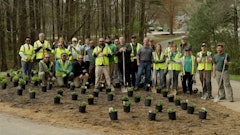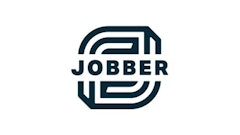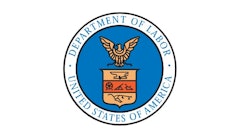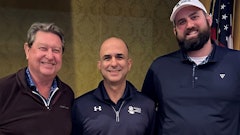
A few trends have emerged over the past few years. Customers demand more and want to pay less. Costs such as fuel are much higher. And leading landscape companies are relying more on their crew leaders to help manage both of these challenges.
Helping the company make money
"With contract pricing going down, the crew leader now has a greater emphasis on efficiency and cutting waste out of each task, while still maintaining the quality that is expected," says David Hupman, production specialist at The Brickman Group's Ohio division.
"The biggest thing we are expecting out of our crew leaders is ownership," Hupman continues. "We need to show them what that looks like, doing simple things like keeping trucks clean. When a crew leader takes ownership of their work, equipment and personnel, you will see a crew that does great and efficient work." Hupman is the current chairman elect of PLANET's International Certification Council, and is a Landscape Industry Certified Manager and Technician himself.
Out in Arizona, David Spector of Mesa-based TLC - The Landscape Company says his crew leaders are not only responsible for quality and training, but are always thinking of ways to improve efficiency and economy. "This is everything from shutting off truck engines to maximizing the efficacy of each laborer," Spector adds.
Sales support
Some landscape companies are also looking for crew leaders to aid in the sales, marketing and customer service process. One such firm is Mariani Landscape in Lake Bluff, IL, a specialist in the high-end residential market.
"Several years ago we'd come up with something we call 'one point of contact,'" says Ed Furner, maintenance client representative for Mariani. "That meant we wanted one primary link between the client and the company, and that link was the salesperson (maintenance client representative). The salesperson then relayed information from the client to the crew, and vice versa. That's changing today. We now want our crew leaders to have great working relationships with the property owners."
The goal is to avoid wasting a busy client's time. For example, when the client has a good relationship with a crew leader, the client will feel comfortable telling the crew leader about problems they'd like addressed during a specific visit. Previously, the client would call the salesperson and the salesperson would then call the crew leader—but the crew was often long gone from the property before they got the message.
Today it's all about good communication and immediate response to client needs. The crew leader plays an important role in making that happen by establishing connection with the client.
"We encourage our crew leaders to knock on doors and check in with clients when they arrive on properties," Furner tells. "Before, we told them to simply arrive on time, fire up the equipment and get going. Now we want them to let the client know they're there, and find out if anything special needs to be done."
Furner does point out that not every client wants to interact with the crew. That's fine—and the crew is made aware if that is the case. But a highly professional crew that can interact with clients is "added value" which you can offer.
What your company can do for you
Industry-leading companies like Mariani Landscape are taking steps to make sure crew leaders have the knowledge and tools to get the job done. "We've always been pretty aggressive with our training program, but are constantly adapting," Furner points out. "For instance, we now go over customer service issues with our crew leaders. Those who are pretty proficient in English are quite comfortable with this."
While customer service is taking on a heightened level of importance, you can't overlook hands-on technical training. "We (Brickman) require training sessions to be held prior to when a task needs to be done," Hupman says. "Let's take mowing in the Ohio market, for example. We usually start operations around April 1. That means we want the crew leader trained by March 15, which includes a visit to each of the properties to walk each site and explain the scope of each job. It would be very easy if every job received the same services. But each job is different. It's imperative for the crew leader to understand what is 'sold' on each job."
TLC - The Landscape Company also provides an extensive training program, pays for more formal training, and stays involved in its state association (ALCA). As a result, Spector says they expect crew leaders to gain certifications and continue their education in order to stay competitive within their own peer groups.
Systems to improve communication have become just as important as training. "We've developed a top-notch work order and work report system to facilitate communications between the crew leader, the office and clients," Spector says. In addition, crew leaders are involved in weekly meetings at the office, site meetings, and a variety of social functions. "The social functions facilitate opportunities for a wide range of discussion topics by putting our crew leaders at ease with upper management," Spector says. "This works for all divisions of our company."
Brickman has put a detailed site inspection report system in place. "Each job has a folder," Hupman explains. "If an operations manager, account manager or anyone else does a site visit, 'next-visit expectations' are inserted into the folder for the crew leader to use. If the client wants to meet the crew leader on site, this is also communicated on the site report as well as the schedule board. We use this process with both maintenance and installation projects."
All of this training and process implementation is done for one primary reason: improve customer satisfaction. Accountability helps ensure that everything comes together as intended.
"Our crew leaders are now held accountable for client satisfaction and retention," Furner says. "We are offering an incentive program this year for supervisors (production coordinators) and crew leaders to be efficient, maintain quality and receive fewer complaints. Incentives don't always have to be monetary, either. You could hand out awards, for instance. Employees just need something to strive for."


























